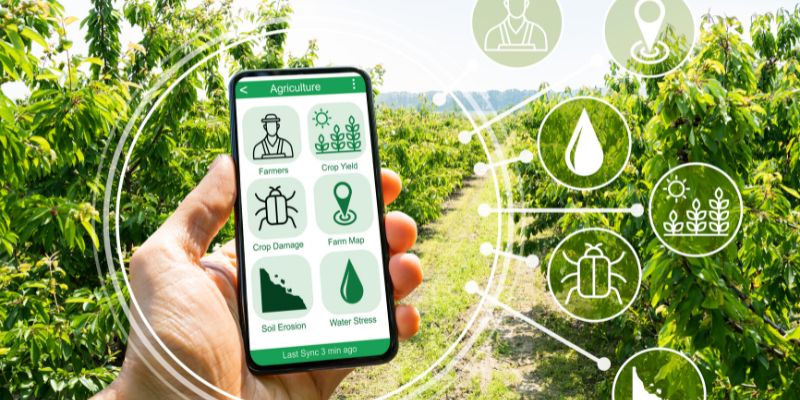
Smart Farming
Smart farming, also known as precision agriculture, is a modern farming technique that utilizes technology to improve crop yield, reduce waste, and increase efficiency. As technology continues to advance, there are numerous ways that smart farming can help transform the agriculture industry.
One major advantage of smart farming is the ability to monitor crops in real-time. By using sensors and cameras, farmers can gather data on everything from soil moisture levels to plant growth rates. This information can be used to make informed decisions about when to water or fertilize crops, or even to detect disease or pest infestations early on.
Another benefit of smart farming is the ability to automate many tasks. For example, autonomous tractors can be used to plant, weed, and harvest crops without the need for human labor. This can save farmers time and money while also reducing the risk of injury or fatigue.
Smart farming can also help reduce waste and increase sustainability. By using precision irrigation systems and nutrient management techniques, farmers can minimize the use of resources like water and fertilizer while still producing high yields. In addition, smart farming can help farmers reduce their carbon footprint by optimizing the use of machinery and reducing the need for pesticides and other harmful chemicals.
Overall, smart farming has the potential to revolutionize the agriculture industry by increasing efficiency, reducing waste, and promoting sustainability. As technology continues to advance, it will be exciting to see how these innovations will continue to shape the future of farming.